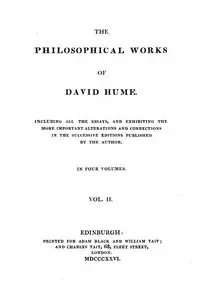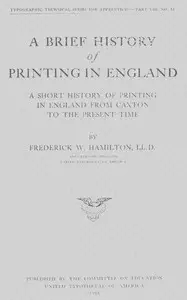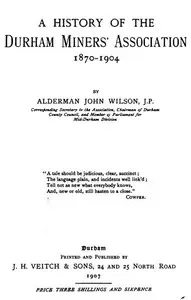"The History of England in Three Volumes, Vol. I., Part D." by David Hume is a historical exploration of a pivotal era in England, detailing the shift from Elizabeth I's rule to James I's. It portrays a nation grappling with political and religious upheaval, concentrating on the monarchy's maneuvers, the growth of Protestantism, and England's complicated relationships with international entities like Spain and France. The story starts with the celebratory environment after Queen Mary's death and Elizabeth I's rise to power, illustrating her initial strategies to stabilize the realm by carefully managing religious conflicts and creating strategic alliances. It proceeds to showcase her early choices regarding religion, and explains her measured way of governing to maintain favor with different religious groups without sparking conflict.

The History of England in Three Volumes, Vol. I., Part D. From Elizabeth to James I.
By David Hume
Witness the intricate dance of power, religion, and international relations as a new monarch emerges to shape England's destiny.
Summary
About the AuthorDavid Hume was a Scottish philosopher, historian, economist, and essayist who was best known for his highly influential system of empiricism, philosophical scepticism and metaphysical naturalism. Beginning with A Treatise of Human Nature (1739–40), Hume strove to create a naturalistic science of man that examined the psychological basis of human nature. Hume followed John Locke in rejecting the existence of innate ideas, concluding that all human knowledge derives solely from experience. This places him with Francis Bacon, Thomas Hobbes, John Locke, and George Berkeley as an empiricist.
David Hume was a Scottish philosopher, historian, economist, and essayist who was best known for his highly influential system of empiricism, philosophical scepticism and metaphysical naturalism. Beginning with A Treatise of Human Nature (1739–40), Hume strove to create a naturalistic science of man that examined the psychological basis of human nature. Hume followed John Locke in rejecting the existence of innate ideas, concluding that all human knowledge derives solely from experience. This places him with Francis Bacon, Thomas Hobbes, John Locke, and George Berkeley as an empiricist.
















